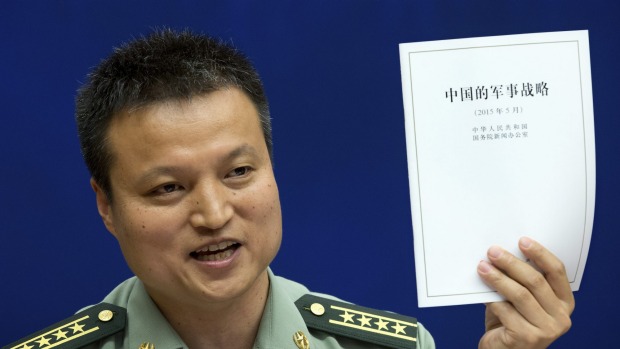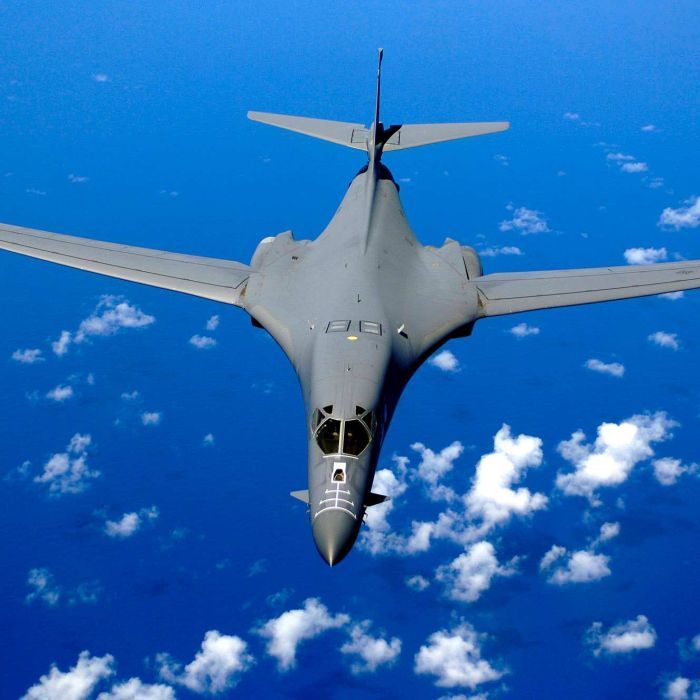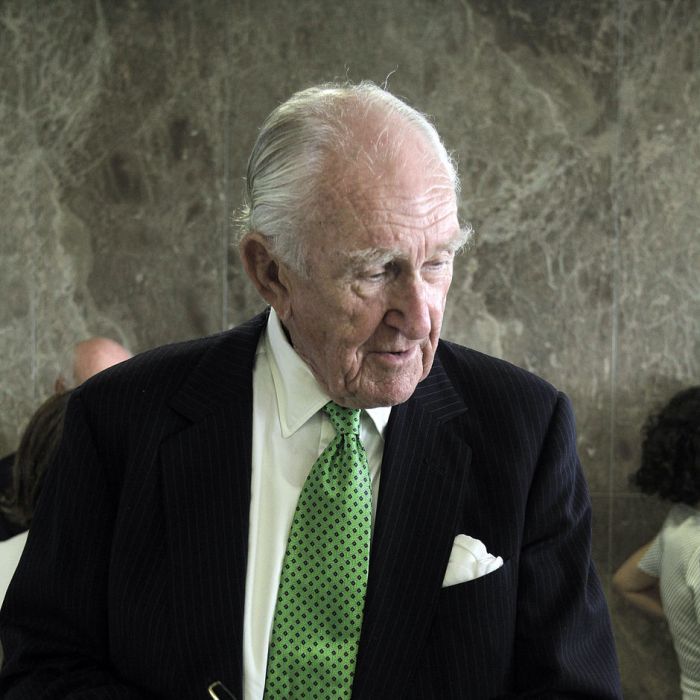
Australia's own defence white paper, expected next month, will be closely wached in Beijing

Australia's own defence white paper, expected next month, will be closely wached in Beijing

Mr Shear told a special congressional hearing on the South China Sea the deployment of air assets to Australia was in addition to the doubling of US marines bound for Darwin, leaving their current base in Japan. "We will be moving significant numbers of Marines to Hawaii, Guam and Australia," he said. "So we will have a very strong presence, very strong continued posture throughout the region to back our commitments to our allies, to protect and work with our partners and to continue ensuring peace and stability in the region.

The rotation follows speculation the growing US military presence in Darwin could cause tensions with China. Lt Col Dougherty would not comment on what impact another rotation of US Marines would have on relations with China. Last year for the first time Chinese soldiers trained on Australian soil with the Australian Army and US Marines, but Lt Col Dougherty said no training was planned with China on this rotation. He said the Marines were keen to start sporting teams, including trying their hand at rugby union.

It is unsurprising that Australians are only vaguely aware that the first ever permanent peacetime deployment of foreign troops in the nation’s history is now occurring. The yarns spun by our politicians portray the deployment, which will swell to at least 2,500 marines over the next few years, as doing all things for all people. To our wary southeast Asian neighbours, the rotation is presented as a humanitarian aid and disaster relief operation, ready to spring into action at the first whiff of a meteorological event. Nationally, it is downplayed as a mere “troop rotation” and “interoperability” exercise, an end in itself with no greater military implication. Locally, an upsurge in jobs servicing the American troops is promised, as too is an influx of foreign currency to be spent on entertainment, infrastructure and tourism. Recent news of Chinese military construction in the South China Sea is troubling, but in the context of the unprecedented American regional military expansion that has been occurring for years it is unsurprising. If the Australian government desires to dampen regional tensions, and seek a path different from unquestioning support for the US in a zero-sum confrontation with China, an honest dialogue on how our foreign policy supports the national interest must be undertaken. While the nature and purpose of the Darwin marine rotation remains obscured, the prospects for this are bleak.

Julie Bishop said, 'We're going to stand up to China'. What are we standing up to China about? We don't have an argument with China unless they create one.